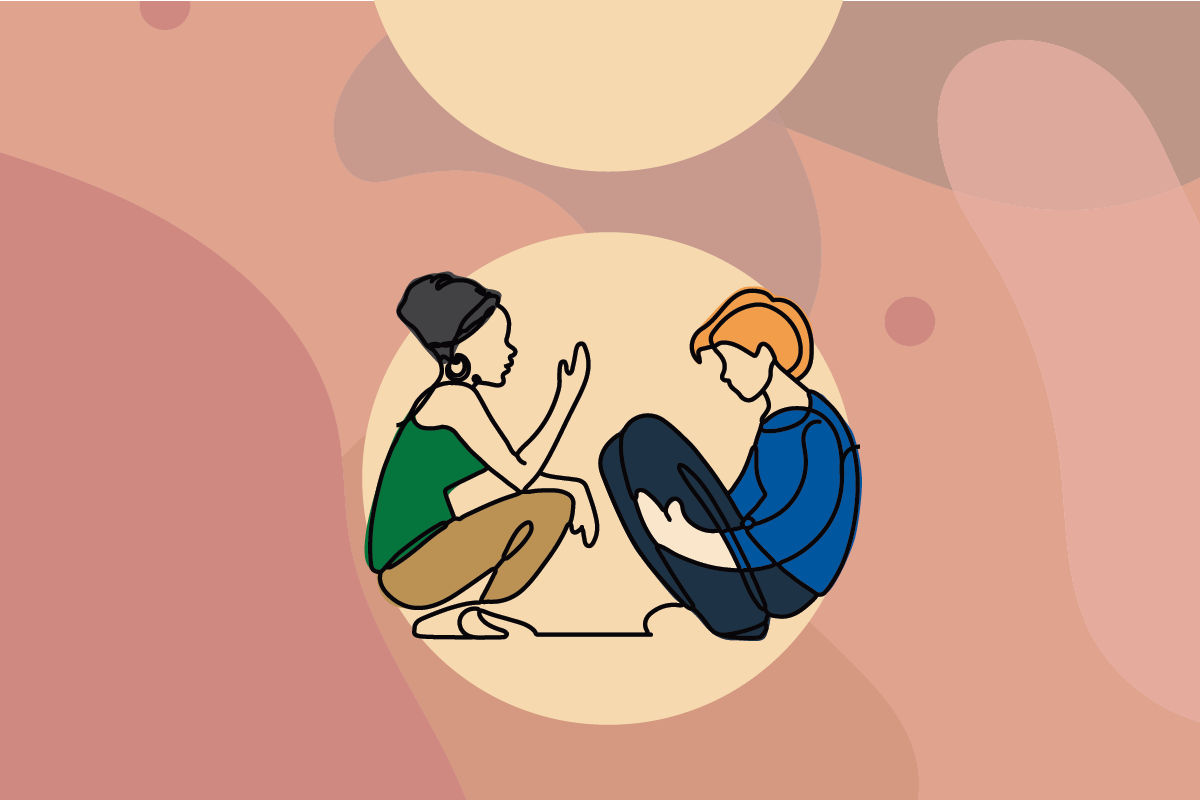I’m a FASD specialist – Here are 5 things you should know about it
Jun 2022
Written by Prue Walker
You might have seen recent ads about the risks of consuming alcohol in pregnancy and might be wondering why this issue is suddenly a focus in the media. “Every moment matters” is an awareness campaign by FARE, the Foundation for Alcohol Research and Education. The campaign comes after a decision in 2021 mandating warning labels warning on alcohol products alerting the community to the risks of alcohol in pregnancy.
FARE, the Foundation for Alcohol Research and Education, found that 30% of Australians were unaware that prenatal alcohol exposure could cause impairments known as FASD or Fetal Alcohol Spectrum Disorder. And around 36% of women in Australia consume some alcohol during pregnancy, increasing to 50% of those with unplanned pregnancies. So what is FASD, and what do we need to know about it?
1. FASD is a disability – and it’s permanent
Prenatal alcohol exposure can cause permanent changes to the brain structure and function. It can lead to impairments in cognition, attention, memory, language, motor skills and executive functions. Executive function refers to planning, organisation and impulse control. FASD is a neurodevelopmental disorder, meaning that the effects develop through the lifespan. These impairments can lead to difficulties regulating emotions and behaviours, and people with FASD struggle in many areas of daily life.
2. FASD is more common than you think
It’s estimated that around 1% of Australians have FASD. Some studies put it higher, at 2-5%. The majority of people with FASD don’t know they have it, and this is partly due to the fact that Australia has been slower than countries like the US and Canada to recognise and diagnose FASD. It wasn’t until 2016 that Australian Diagnostic guidelines for FASD were formalised. Access to diagnostic services is still very limited in much of Australia and there can be long waiting times.
3. You more than likely know someone with FASD
FASD can present in different ways – each person is affected differently due to the timing and amount of alcohol consumed in pregnancy. A child with FASD might have delayed language & motor skills, difficulty making friends, learning new things and following routines. They might have regular meltdowns and seem to behave like a younger child. As that child gets older, their behavioural issues might be more noticeable than their developmental delays. They are more likely to struggle to complete tasks, manage in a classroom environment or cope with frustration. They can have difficulties with sleeping, eating and anxiety. A diagnosis based on these signs can be mistaken for trauma when there may be a pre-natal brain impairment.
4. Children with FASD need specialised support and accommodations
Like anyone with a disability, children with FASD can live productive and positive lives if their disability is recognised and they get the right support. Children with FASD need therapies like OT and speech therapy adapted to their needs. This highlights the importance of FASD training for professionals. Children with FASD also experience trauma and often don’t benefit from traditional therapies designed for neurotypical children. When therapists are aware of FASD, they can modify their approach. A disability approach is about making accommodations – changing the environment to support the child – rather than trying to “change” the child.
5. Being FASD informed can make a big difference
Children with FASD are over-represented in the care system, but many carers and support workers don’t know much about FASD. When carers learn about FASD, it can be frustrating when they need to educate the professionals who are supporting them. Learning about FASD can help workers support families more effectively – and identify unhelpful strategies. Parenting support programs that focus on carer support and coaching, psychoeducation on the effects of FASD, and proactive parenting strategies (accommodations) to prevent behaviours can significantly improve quality of life (Petrenko, 2015).
What are we doing about FASD in our organisation?
The CETC, with the Australian Childhood Foundation, has identified that FASD is a big issue for children and that there’s an overlap between FASD and the effects of trauma. Children with FASD are more likely than other children in care to end up in the justice system or to have placement breakdowns. We want to bring a FASD-focus to our work with trauma, and the first stage is educating ourselves about what good practice looks like for children with FASD, so we can work towards a model of care for children that is both FASD- and trauma-informed.
Going further
If you want to read more, have a look at:
| The FASD Hub is a one-stop shop for all things FASD – training, research, resources and stories of lived experience | ||
| NOFASD Australia is a national organisation that supports and advocates for families and people living with FASD | ||
| NOFASD Australia has a range of resources for professionals and families including a FASD Toolkit for parents, caregivers and families |
References
Petrenko, C. L. M. (2015). Positive Behavioral Interventions and Family Support for Fetal Alcohol Spectrum Disorders. In Current Developmental Disorders Reports (Vol. 2, Issue 3, pp. 199–209). Springer. https://doi.org/10.1007/s40474-015-0052-8





































































































































































































